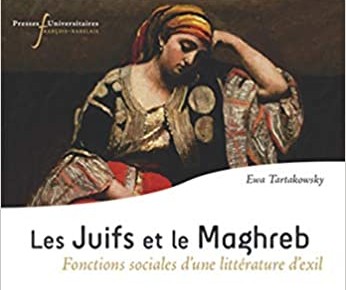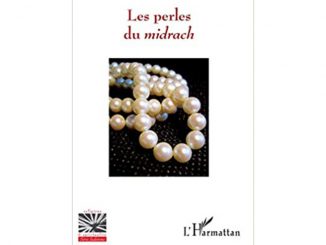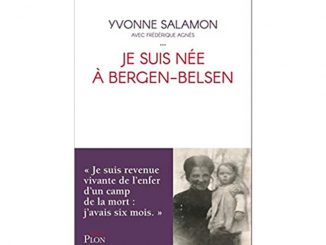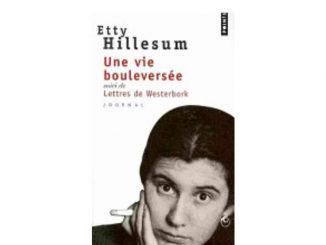
How can we understand the emergence of a literature in a given context, precisely that of exile? Why do we see, over a more or less long period of time, authors that emerge tried to determine – through shared or converging themes – a singular literary space? Should the phenomenon be referred solely to the subjectivity of the authors or does it assume, more or less consciously, objective and social functions?
These questions are answered in this study by looking at the relationships between history, memory, literature and identities in the context of migration. The specific case of the massive and forced exile of Maghreb Jews in France, starting in the 1950s, makes it possible to understand the decisive links between exile and cultural practices; also to know whether it can be a trigger for literary production and structure it, both at the textual and editorial level and in the balance of power in the space of literary play.
The sociological approach to the literature of authors of Judeo-Maghrebin origin reveals the complexity of the process in which this literary production participates: as a memorial construction mobilized against neglect, it allows one to project oneself into the metropolitan host society; responding to the historiographic “deficit”, it develops as an alternative narrative; as a “minority”, it engages in a critical work of metropolitan society. This set of social functions provides an in-depth insight into the nature of the relations of domination that are developed between exiles and host populations.




Be the first to comment